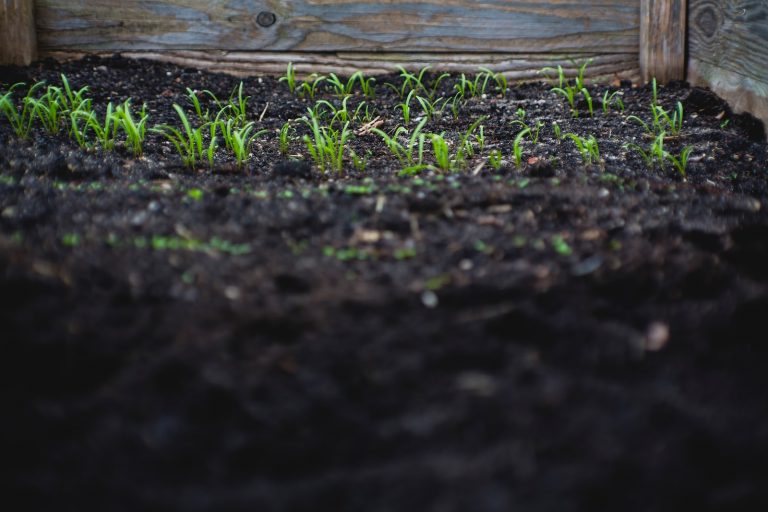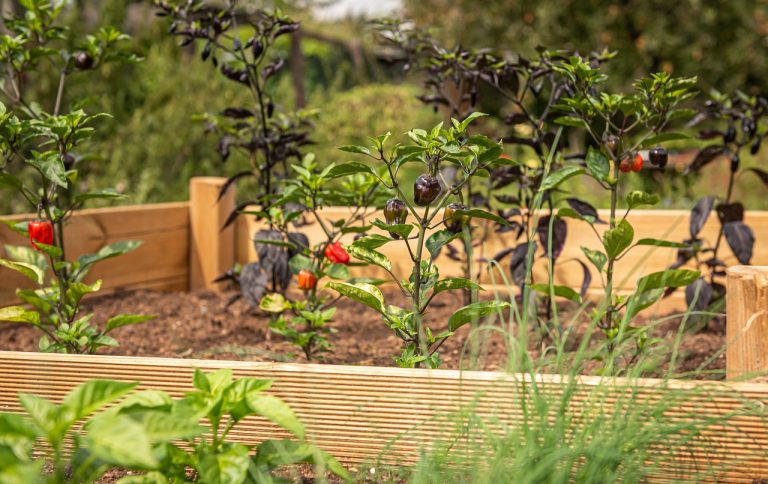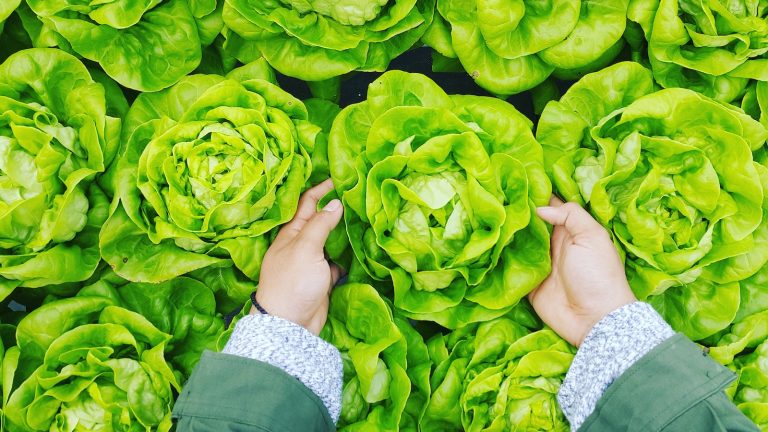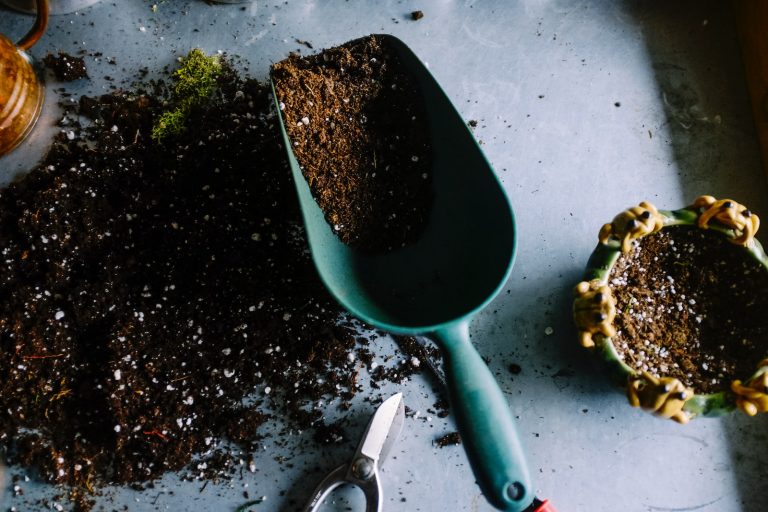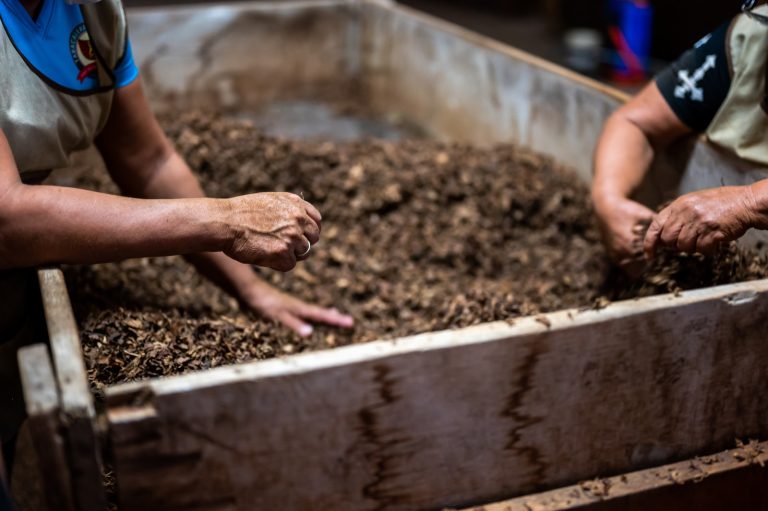Tips for Starting a Herb Garden Indoors?
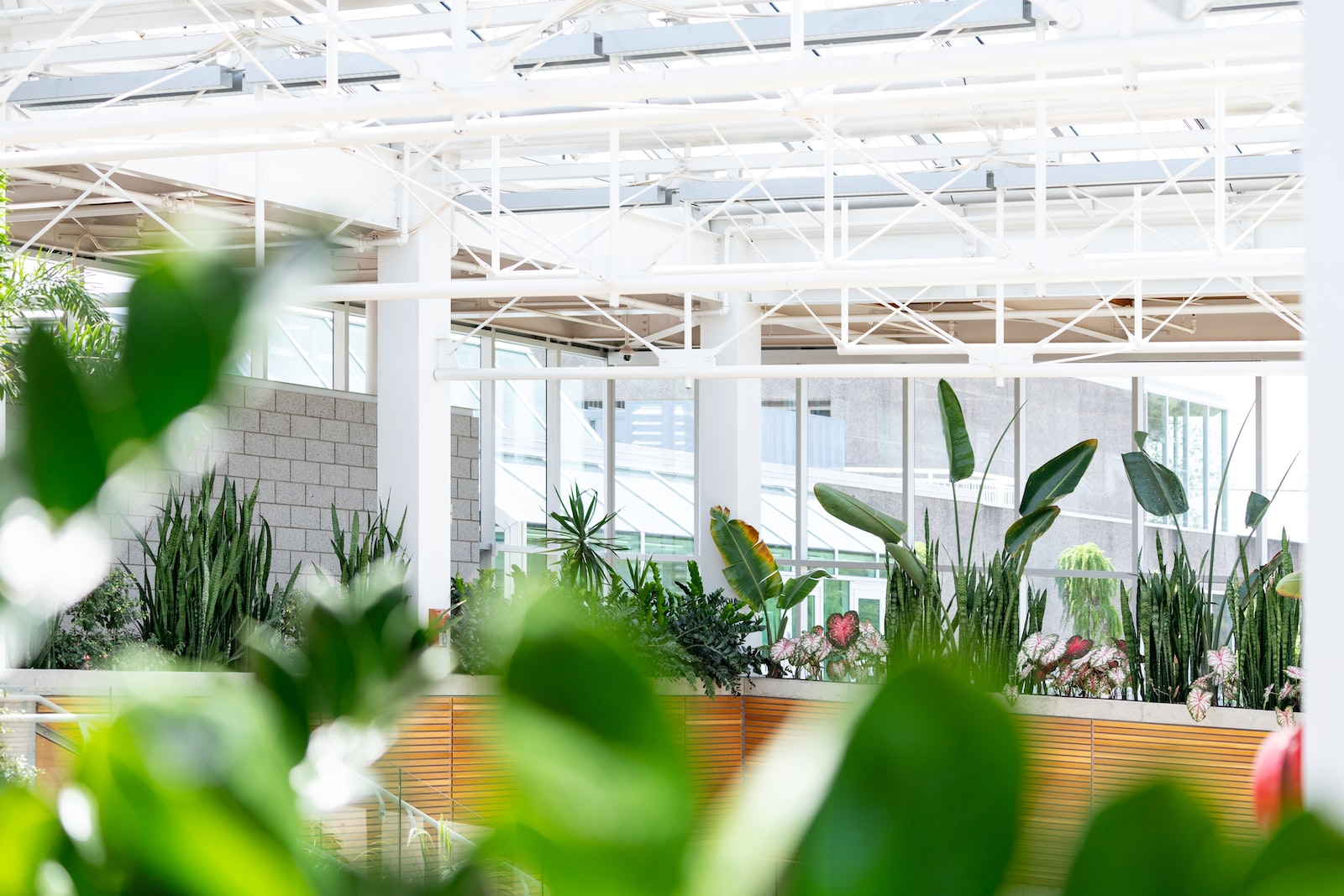
Are you looking for a way to add fresh flavors and aromas to your cooking without stepping out of your house? Starting an indoor herb garden is the perfect solution! Not only does it give you access to fresh herbs year-round, but it also adds a touch of greenery to your home décor.
However, starting an indoor herb garden can be challenging if you’re not sure where to begin. In this blog post, we will dive into some valuable tips for creating a successful indoor herb garden that’ll take your culinary skills up a notch. So let’s get started and bring nature indoors!
Indoor Herbs Gardens
Herbs are not only easy to grow, but they offer a host of benefits for your health. Here are some of the benefits of growing an indoor herb garden:
- Herbs can help purify the air in your home and improve indoor air quality.
- Herbs can act as natural air fresheners and deodorizers.
- Growing herbs indoors can help you save money on store-bought herbs and spices.
- Indoor herb gardens can provide you with a year-round supply of fresh herbs.
- Herbs can add flavor and nutrition to your meals.
- Herbs have been used for centuries for their medicinal properties.
- Growing herbs indoors can be a relaxing and therapeutic activity.
Types of Herb Plants to Use
Herb gardens are a great way to add fresh, healthy ingredients to your cooking. But if you’re new to herb gardening, it can be tricky to know what type of herbs to grow. Here’s a quick guide to help you get started.
One of the most popular herbs for indoor gardens is basil. It’s easy to grow and has a versatile flavor that goes well with many different dishes. Rosemary and oregano are also good choices for indoor herb gardens. They’re both relatively easy to care for and have strong flavors that can really enhance a dish.
If you’re looking for something a little more unusual, consider growing cilantro or dill. These herbs can add a unique flavor to your cooking, and they’re both pretty easy to grow indoors.
No matter what type of herbs you choose to grow, the most important thing is to give them plenty of sunlight and water them regularly. With just a little bit of care, your indoor herb garden will thrive!
Choosing and Preparing Containers
When it comes to choosing and preparing containers for your indoor herb garden, there are a few things you need to keep in mind. First, make sure you choose a container that is large enough to accommodate the roots of your plants. You also want to make sure the container has drainage holes to allow excess water to drain out.
Once you have your container, it’s time to prepare the soil. You’ll want to use a light, well-draining potting mix. If you’re using recycled containers, make sure you clean them out thoroughly before adding the soil. Once your soil is in place, add some organic matter such as compost or manure to help improve drainage and provide nutrients for your plants.
Now it’s time to plant! When selecting herbs for your indoor garden, make sure you choose varieties that do well in small spaces and with limited light. Some good options include basil, chives, mint, oregano, and thyme. Once your plants are in place, water them well and give them a location where they will receive bright indirect light. With a little care, your indoor herb garden will thrive!
Where to Place Your Herb Garden
If you want to grow your herbs indoors, there are a few things you need to take into account in order to have a successful indoor herb garden. The first is finding the right location for your garden.
A south-facing window is ideal, as it will provide the most sunlight. If you don’t have a south-facing window, you can also use grow lights.
The next thing to consider is what type of container to use. There are many different options available, but make sure to choose one that has good drainage. You don’t want your herbs to be sitting in water, as this can lead to root rot.
Finally, make sure you’re using the right soil for your plants. Herbs need well-drained soil that is rich in nutrients. You can either purchase special herb potting mix or make your own by mixing equal parts sand, peat moss, and compost.
How to Care for Your Herbs
If you’re thinking about starting a herb garden indoors, there are a few things you need to know in order to ensure your herbs thrive. Here are some tips for how to care for your herbs:
- Place your herb garden in a sunny spot. Herbs need at least six hours of direct sunlight each day in order to grow well. If you don’t have a spot in your home that gets that much sun, you can try using grow lights.
- Water your herbs regularly. Keep the soil moist but not soggy.Wilting leaves are a sign that your plant is thirsty.
- Don’t forget to fertilize! Use a fertilizer made specifically for herbs or add some compost to the soil every few weeks. This will help your plants grow big and strong.
- Prune regularly to encourage new growth and prevent leggy plants. Cut back herbs by about one-third their size when they start to look floppy or scraggly.
By following these simple tips, you can create a beautiful and bountiful indoor herb garden that will provide you with fresh herbs all year long!
Methods for Growing Herbs Indoors
Growing herbs indoors is a great way to add fresh, delicious flavors to your cooking all year round. But what’s the best way to go about it? Here we’ll explore different methods for growing herbs indoors so you can find the approach that works best for you.
One popular method for growing herbs indoors is hydroponics. Hydroponics is a soil-less method of cultivation that uses mineral-rich water solutions to deliver nutrients directly to the roots of plants. This method is extremely efficient, meaning plants grow quickly and produce more leaves than they would in soil. Additionally, hydroponic systems can be easily automated, making them a low-maintenance option for busy herb gardeners.
If you’re looking for a more traditional approach, growing herbs in pots or containers is a great option. Be sure to use a well-draining potting mix and water your plants regularly – most container-grown herbs will need to be watered every day during the hot summer months. You can also improve drainage by adding gravel or stones to the bottom of your pots before adding soil.
Whichever method you choose, be sure to give your plants plenty of sunlight – most herbs need at least six hours of direct sun per day. If you don’t have a sunny windowsill, you may need to supplement with grow lights.
Recipes Utilizing Homegrown Herbs
If you’re lucky enough to have a thriving indoor herb garden, congratulations! You now have an endless supply of fresh herbs at your fingertips. But what do you do with all of those herbs? If you find yourself with more herbs than you know what to do with, don’t worry. We’ve got you covered with some recipes that utilize homegrown herbs.
Herb-roasted chicken is a classic dish that is made even better with fresh, homegrown herbs. Simply mix together your favorite herbs – we recommend rosemary, sage, and thyme – and rub them all over a whole chicken. roast the chicken according to your usual recipe or method, and enjoy the flavor boost that the fresh herbs provide.
If you’re looking for something a little lighter, try our recipe for lemon verbena pesto pasta. This dish is perfect for summer days when you want to enjoy the flavor of your indoor herb garden without turning on the oven. The pesto can also be used as a spread for sandwiches or wraps – get creative!
Do you have a sweet tooth? We’ve got you covered there too. Our lavender-infused blueberry muffins are sure to please. Just swap out dried lavender for the fresh stuff in our recipe, and bake as usual. The result is a light and fragrant muffin that’s perfect for breakfast or dessert.
So what are you waiting for? Get cooking with your homegrown herbs!
Conclusion
With the right tips and advice, you can make your indoor herb garden a success! Starting an herb garden indoors is fun and rewarding, providing a bit of nature in even the smallest spaces. You’ll be able to enjoy fresh herbs grown at home all year round regardless of weather or climate changes outside.
Taking regular care of your plants will keep them healthy so they’ll stay with you for many years. If you’re ready to start growing your own herbal oasis, begin now by choosing some varieties that work best for your space and get planting!
James is a passionate writer and gardener with years of experience in home gardening. He is the author of several articles and blog posts on HomeGardenBlog.com, a platform where he shares his expertise and love for plants and gardening with the world.

